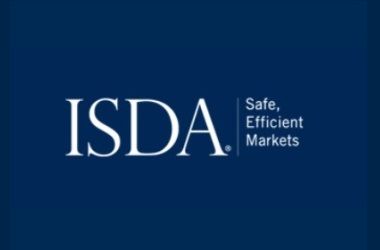ISDA and Markit have committed to address antitrust concerns surrounding licensing of credit default swap pricing and index data, following a five-year investigation into the issue by the European Commission.
The Commission said in 2013 that the two – along with 13 investment banks – may have breached EU antitrust rules after refusing to license CDS pricing and index data to exchange trading platforms.
Access to the data is crucial for exchanges, which require access to the “final price” that results from auctions to determine the settlement of derivatives following a default. Access to CDS indices is also crucial for attracting liquidity.
Attempts to create an exchange-traded CDS market, which would present competition to investment banks dominating the over-the-counter market, were thwarted, however, as access to those crucial elements was blocked.
In response to objections raised by the Commission, ISDA has offered to license all rights to the Final Price for the purpose of exchange trading, clearing and settlement of credit derivatives, where terms are deemed fair, reasonable and non-discriminatory. In the event of any disagreement regarding those terms, a binding third-party arbitration procedure will be called upon.
Markit has offered to license all of its rights on the iTraxx and CDX indices for exchange-traded products based on those benchmarks, subject to the same FRAND terms.
Both proposed commitments would apply for 10 years and be monitored by an independent trustee.
The Commission is now seeking comments from market participants, which have one month from the date of publication in the EU’s Official Journal to comment on the commitments.
If the Commission’s market test deems the commitments to be a satisfactory way of addressing the competition concerns, they could become legally binding.
“Such a decision would not conclude that there is an infringement of the EU antitrust rules but legally binds the companies concerned to respect the commitments offered,” the Commission noted in a statement on Thursday.
In the event of any breach of those commitments, the Commission can impose a fine of up to 10% of the company’s global turnover without having to establish an infringement of EU antitrust rules.
The latest proposals come after a New York court approved a settlement for a lawsuit in which a group of buyside firms alleged that the industry body and 12 major banks blocked outside participants from creating a credit derivatives exchange in 2008 and 2009.
That settlement required ISDA to develop a new licensing framework to include a licensing sub-committee that must publicly vote on any license request. ISDA will also have to vote on whether to support the practice of name give-up, which sees counterparty identities revealed after a trade and is thought to keep buyside firms off inter-dealer platforms for fear of identification and potential punishment by their dealer counterparties.
